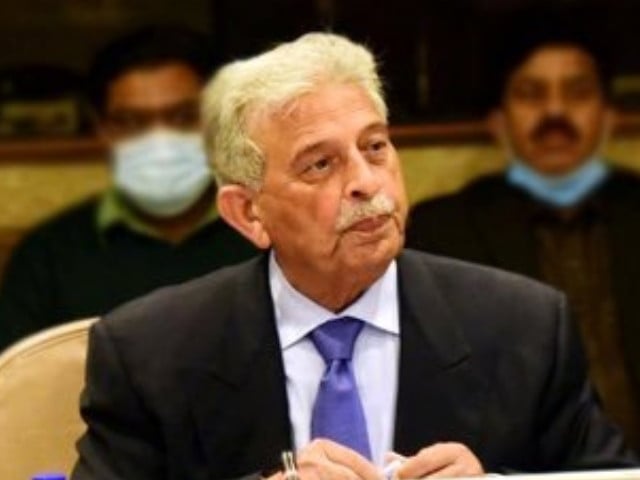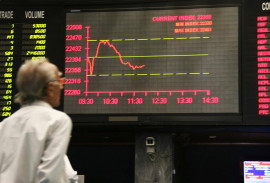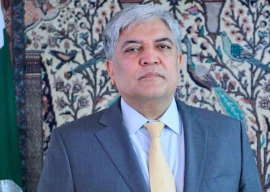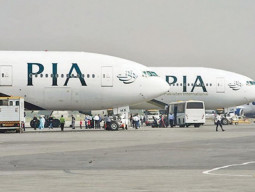
Federal Minister for Industries and Production Rana Tanveer Hussain has stated that the government is committed to economic revival through collaboration with the business community. He highlighted Prime Minister Shehbaz Sharif's decisive measures, which have been instrumental in stabilising the economy.
Speaking at the Lahore Chamber of Commerce and Industries (LCCI) on Saturday, the minister underscored the PM's consistent call for a 'Charter of Economy' to ensure sustainable economic progress. He praised the economic reforms initiated during various tenures of the PML-N government, particularly the economic policy reforms introduced by the Nawaz government in the 1990s, which he noted were adopted by former Indian Prime Minister Manmohan Singh and continue to benefit India today.
Hussain stated that a review of agreements with Independent Power Producers (IPPs) has led to lower electricity costs, with further reductions expected by April to ease production expenses. He added that interest rates have been reduced from 22% to 12% within ten months, though the State Bank of Pakistan (SBP) remains independent, limiting government interference in its policies.
The minister called for investment in research and development, stressing support for industrial and agricultural sectors. He encouraged exporters to focus on value addition and explore emerging markets such as Central Asia and Africa. He also announced plans to reduce land prices in Special Economic Zones (SEZs) and Export Processing Zones (EPZs) and to develop SEZs on Pakistan Steel Mills' land.
Commenting on Federal Board of Revenue's (FBR) policies, Hussain described them as growth barriers due to excessive taxation. He urged the business community to aim for exports of $100 billion over five years, exceeding the government's target of $60 billion. The minister also commended LCCI for its proactive approach in addressing business challenges and congratulated its leadership.
LCCI President Mian Abuzar Shad raised concerns over rising energy costs, Maximum Demand Indicator (MDI) charges on inactive industrial units, and the high policy rate, which, though reduced to 13%, remains uncompetitive compared to regional countries. He underscored the need to bring the rate down to single digits to encourage investment.
The LCCI president also highlighted the exorbitant prices of industrial land, which have reached Rs50 million per acre, as a significant barrier to investment and exporter competitiveness in global markets. He stressed the importance of ensuring the availability of raw materials, such as metals, steel, and textiles, and urged cascading tariffs to prevent industrial distortions.












1737185197-0/Express-Tribune-(2)1737185197-0-270x192.webp)
1737188551-0/Untitled-design-(97)1737188551-0-270x192.webp)



1737114296-0/Express-Tribune---News-Desk-(4)1737114296-0-270x192.webp)






COMMENTS
Comments are moderated and generally will be posted if they are on-topic and not abusive.
For more information, please see our Comments FAQ